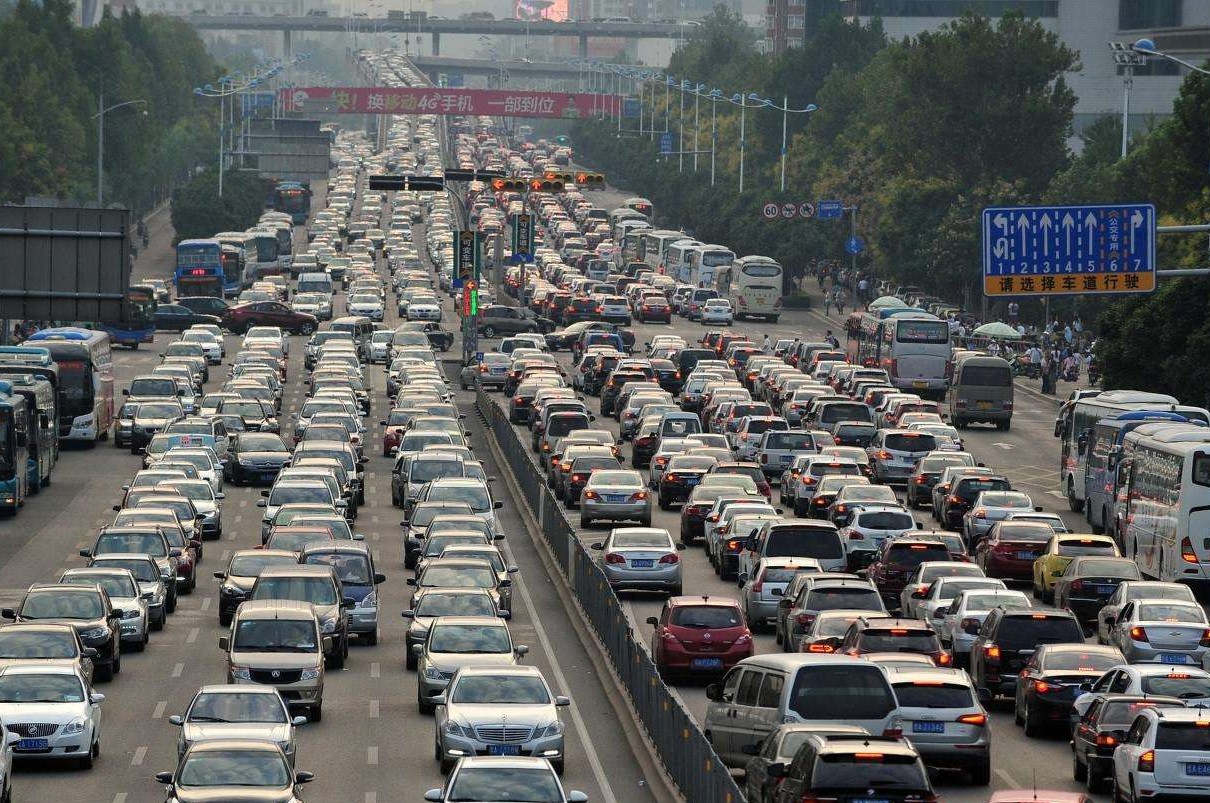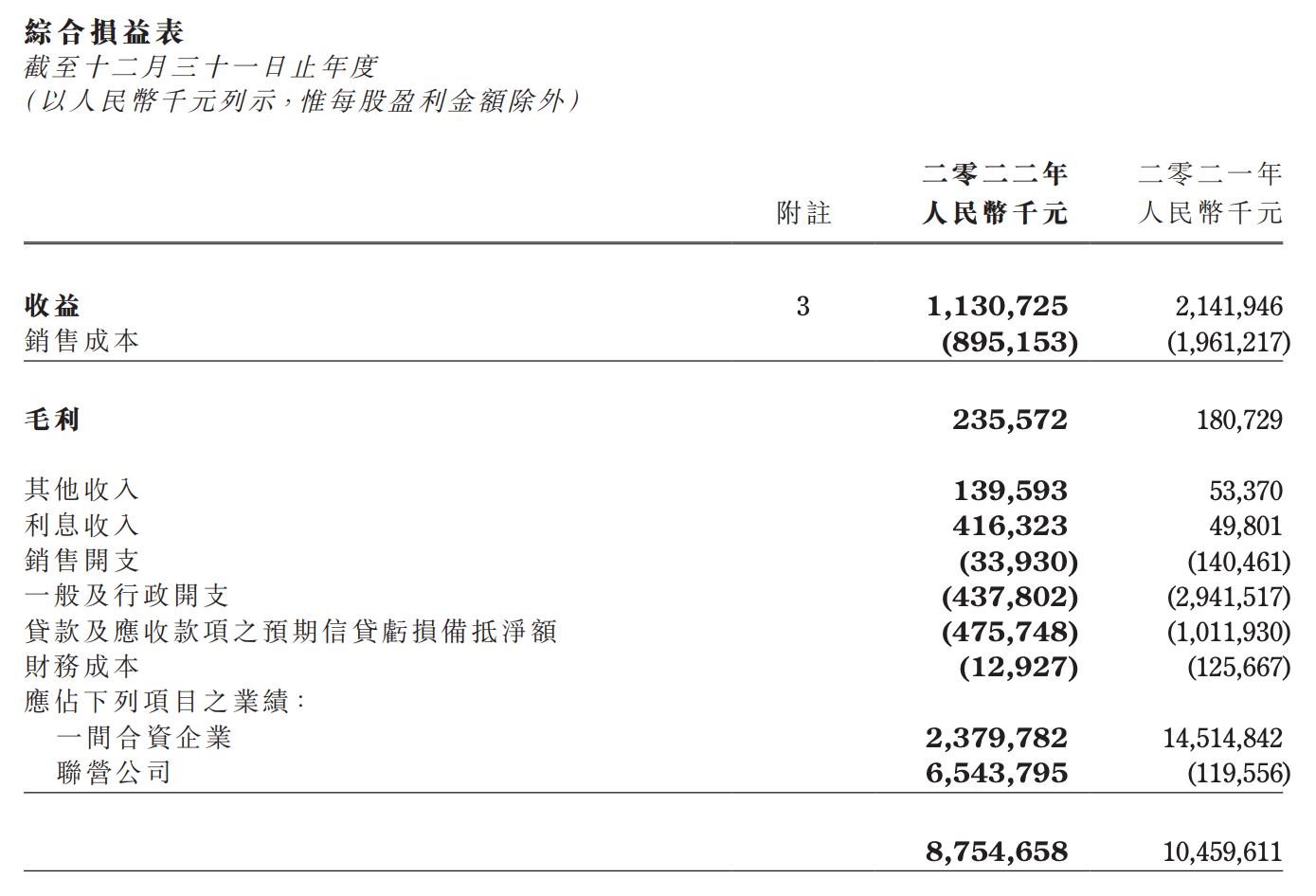In addition to Weibo, there is also WeChat
Please pay attention

WeChat public account
AutoBeta


2024-11-17 Update From: AutoBeta autobeta NAV: AutoBeta > News >
Share
AutoBeta(AutoBeta.net)08/22 Report--
Since Hainan Province issued a plan to ban the sale of conventional fuel cars in 2030, the process of China's overall development of a timetable for the withdrawal of fuel vehicles has also been accelerated through policy promotion. A few days ago, the Ministry of Industry and Information Technology made it clear that China will support the establishment of a pilot no-traffic zone for fuel-fueled vehicles in places where conditions permit, and draw up a timetable for banning the sale of fuel-fueled vehicles on the basis of success.

The reply of the Ministry of Industry and Information Technology to the proposal to study and formulate a timetable for banning the sale of fuel vehicles to speed up the construction of an automobile power is as follows:
At present, China is the largest automobile market in the world, and its huge ownership has improved social production efficiency and enriched the public way of life, but it has also brought about resources, energy and environmental problems. Speeding up the cultivation and development of energy-saving and new energy vehicles is not only an urgent task to effectively alleviate the pressure of energy and environment and promote the sustainable development of the automobile industry, but also a strategic measure to speed up the transformation and upgrading of the automobile industry and cultivate new economic growth points and international competitive advantages. In recent years, China has successively issued a series of planning policies and supporting measures, and established a relatively perfect policy system covering technological innovation, R & D and production, fiscal and tax support, promotion and use, access supervision, and so on. Remarkable results have been achieved in promoting industrial development. By the end of 2018, the total production and sales of new energy vehicles in China exceeded 3 million, accounting for more than 50% of the global total, ranking first in the world for four consecutive years. On the other hand, while supporting the development of new energy vehicle industry, China also attaches great importance to the development of energy-saving vehicles and insists on the coordinated development of energy-saving and new energy vehicles.
With regard to the formulation of a timetable for the withdrawal of fuel vehicles, our Ministry, together with the Development and Reform Commission and other relevant departments, is conducting research on the ban on the sale of traditional fuel vehicles and other related issues in the light of the process of technological development and the reality of industrial development. a comprehensive and scientific comparative analysis of the potential and role of traditional fuel vehicles and new energy vehicles in technology cost, energy saving, emission reduction, market demand and other aspects. Proceeding from the national conditions of our country with vast territory and uneven development, we will organize and carry out in-depth and meticulous comprehensive analysis and judgment, take measures in accordance with local conditions and adopt classified measures, support places and fields where conditions permit, to carry out pilot projects such as urban public transport rental in advance, and the establishment of no-traffic zones for fuel vehicles, and on the basis of success, we will co-ordinate the study and formulation of a timetable for the withdrawal of fuel vehicles.
In the next step, our department will further give full play to the role of the inter-ministerial joint meeting on energy conservation and the development of new energy vehicle industry, strengthen overall planning and coordination, pay close attention to the study and formulation of the Development Plan of New Energy vehicle Industry (2021-2035) (hereinafter referred to as "Planning"), and actively play a leading role in planning to promote the high-quality development of China's new energy vehicle industry. ]

It means that China will give up fuel vehicles in the future, and new energy vehicles will become the main force of the industry, so as to build an automobile power.
In March this year, the development plan of clean energy vehicles in Hainan Province was officially released, and the sale of fuel vehicles will be completely banned by 2030, becoming the first province in China to clearly issue a timetable for a total ban on the sale of fuel vehicles. The specific plan is to turn buses / public vehicles / taxis into new energy from now on, logistics vehicles / tourist passenger transport will fully realize clean energy around 2025, and 100% of new energy vehicles will be added and replaced in the private sector of the island by 2030.
In addition, in order to actively promote the development of new energy vehicles, Hainan Province has fully liberalized the application for incremental indicators of new energy minibuses from July 1 this year to the end of next year, and the number is not limited.
As a leading enterprise in the manufacture and sales of new energy vehicles in China, Wang Chuanfu, chairman of BYD, also clearly proposed that China should formulate a timetable for the overall electrification of cars as soon as possible.
At a time when traditional cars are facing a huge downward trend, we should further restrict traditional fuel vehicles, gradually achieve a total ban on sales, and firmly support the full electrification of new energy vehicles, Wang Chuanfu said. Wang Chuanfu suggested that the field of private cars should be electrified by 2030.
With the increase of the threshold of new energy subsidies and the sharp decline in the amount of subsidies, new energy vehicles are gradually developing in the direction of policy and marketization. The sales of new energy vehicles in China are mainly pure electric, but due to charging time, mileage and other constraints, consumers' acceptance of buying new energy vehicles is still not high, more to solve the problems of license plates, traffic restrictions and so on.
From January to July, China sold 699000 new energy vehicles, an increase of 40.9 percent over the same period last year, according to the China Automobile Association. However, sales declined significantly, with sales of 80,000 new energy vehicles in July, down 4.7% from the same period last year, the first year-on-year decline in new energy vehicles in nearly three years.
Welcome to subscribe to the WeChat public account "Automotive Industry Focus" to get the first-hand insider information on the automotive industry and talk about things in the automotive circle. Welcome to break the news! WeChat ID autoWechat
Views: 0
*The comments in the above article only represent the author's personal views and do not represent the views and positions of this website. If you have more insights, please feel free to contribute and share.











© 2024 AutoBeta.Net Tiger Media Company. All rights reserved.